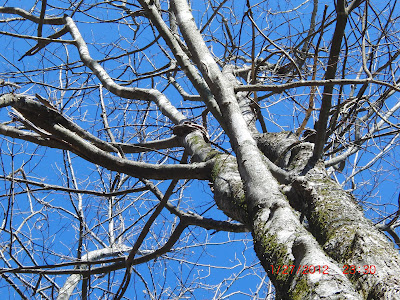My Dad on his 90th birthday!
“Out of clutter find
simplicity;
from discord, find
harmony;
in the middle of
difficulty lies opportunity.”
Albert Einstein’s Three Rules of Work
Albert Einstein, who is considered the father of modern
physics and the one who discovered E=mc2 and the quantum theory in the world of
early 1900s. He believed in something that hadn’t been found, and was willing
to seek and take risks toward his beliefs. He set goals to discover and seek
what wasn’t yet known or found. What a visionary! I love his “Three Rules of
Work”!
Even though we may not have that same kind of profound
vision, we each carry beliefs and a desire for something in our worldview and
experience. What do you seek? Are you needing change or entering a time of
transition? Change is one of the things we are pretty much promised in this in
this fast-changing world. Day-to-day, even moment-to-moment. So, what does it
take to move towards that change?
Prochaska’s
“Readiness to Change” Model can give us some insight into being intentional
about how to make, to take some control of the direction you go:
Precontemplation-You
are not even aware of the need for change, much less ready to make the change
Contemplation-You
recognize that change needs to happen and are considering it, but you may not
know what to do to make the change, or are ambivalent about making the change.
Preparation-You
have decided to make the change and are making preparations for it by
assembling resources, checking out possibilities and gathering information.
Action-You are
ready to take action, to practice new behaviors, to step out into something
new.
Maintenance-You
have established new actions towards your goals in the change and have begun to
integrate it into your life.
Termination-You
no longer have to focus with intentionality on the new action as “change”
because it is well integrated into your normal activities. A programmatic
approach is no longer needed.
What is the change you are looking for? Or perhaps one has
been imposed upon you. Whatever the reason, you can choose to face it with
intentionality.
-Awareness of the need or goal is the first step.
-Then consider all the possibilities.
-Next explore the benefits and risks of each.
-Then make your decision.
-The decision can be changed at any time. Putting a decision
to action is the point!
I have found that having a life coach is so helpful in
staying focused on what is most important to me in difficult decisions and
transitions. A coach both helps me stay true to myself and stay accountable to
going forward with my dreams by encouraging me to think beyond what I would do
by myself, yet keep it realistic and faithful to who I am.
“…in the middle of difficulty lies opportunity.” What lies
ahead for you? Are you making the decisions for your life? Or are you letting
life happen to you?







